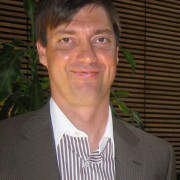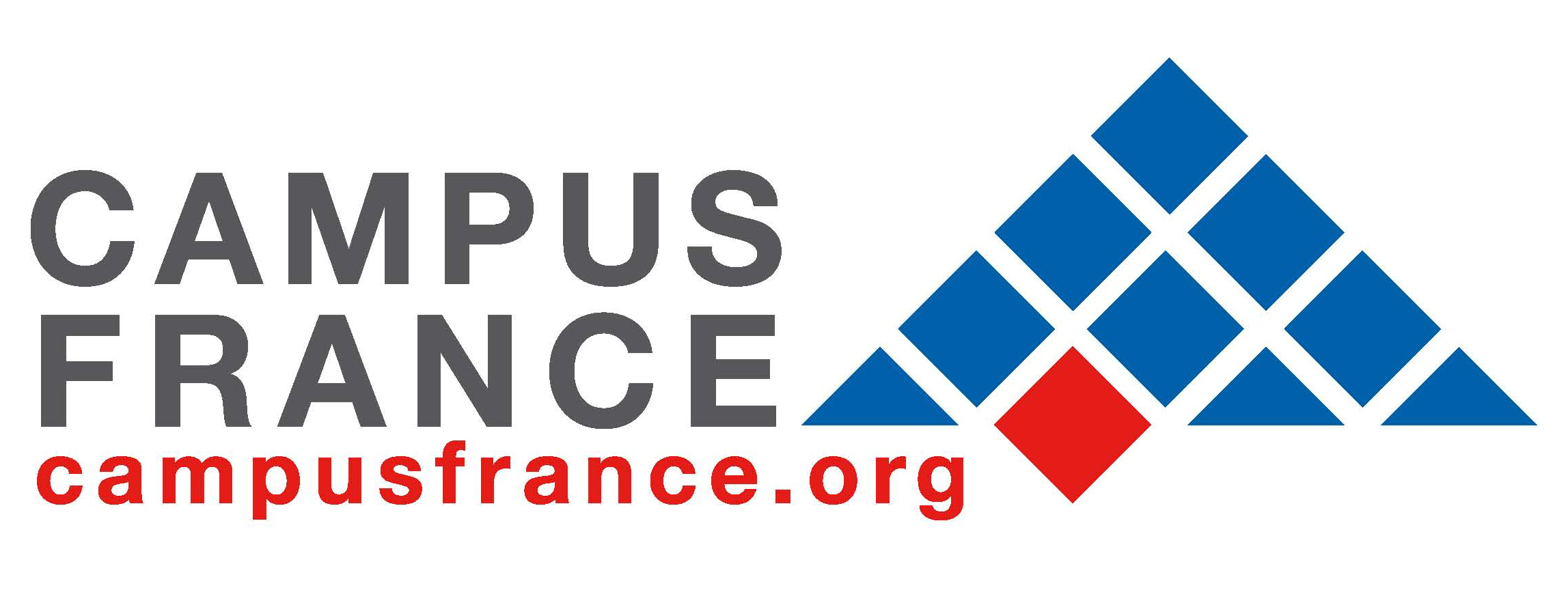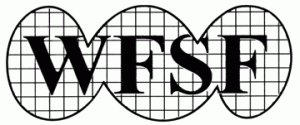Mika Aaltonen is a Ph.D. (Econ.), Adjunct Professor (Foresight & Complexity), Fellow of The Kenos Circle in Vienna, Editorial Board Member of E:CO (Emergence: Complexity and Organizations) journal, Fellow of the Royal Society of Arts in London, and Member of The Millennium Project in Washington. He is also Head and Chairman of the Board of StraX (the research unit for strategic intelligence and exploration of futures) at Helsinki University of Technology and the CEO of Research and Analysis Corporation (RAC) of Finland. Mika has written about 100 scientific articles and books out of which The publication of The Third Lens ranked the eight most important events in the world (Complexity Digest USA), his Foresight article Chronotope Space won The Emerald LiteratiNetwork Highly Commended Award, The Inderscience Publishers chose his article Circular Causality, Time and Narrativity as their marketing article out of 296 academic journals. According to The Royal Society of Arts Journal “since the time immemorial, the search for a reliable problem-solving strategy has occupied some of mankinds finest minds. Mika Aaltonen is one of those minds.” Mika is also the invited analyst of The Millennium Project Futures Research Methodology and confirmed speaker of the World Future Society.
Why We See What We Do, And Not Something Else
– The quality of our sense-making and decision-making processes depends on whether we see the data, attend to what we see and if we act on what we see in an appropriate manner. During the lesson these processes are discussed and made explicit also with the use hands on exercises.
Design and Emergence in Futures Research Methodology
– This lesson focuses on how to create value and meaning for the users of the Millennium Project Futures Research Methodology in particular, and for foresight practitioners in general. In this session, the evaluation and organisation of the methods is executed according to the nature of all possible understandings of systems methods can deliver, and the best means of directing the systems methods offer to a user. The lesson aims at improving our understanding of wide range of knowledge, practices and assumptions these methods convey and enhancing our ability to learn and expand our horizons of futures knowledge. Lectures, dialogue and hands on exercises are used in teaching.
Leadership – Impact as Strategy
-The major leadership challenges of our times, whether we refer to social, economic and environmental sustainability, cannot be resolved in a vacuum, atemporally and acontextually. Instead, effective and timely interventions become possible when: 1) The locus of isolated actions taken by individual leaders is expanded to contextual interactions that occur across entire social systems; 2) The context, i.e. the properties of the startegic landscape and the time frame at stake, is explicitly considered, and 3) Our understanding of how leadership interventions are enacted and received is enriched. These topics are discussed thoroughly during the lesson.






